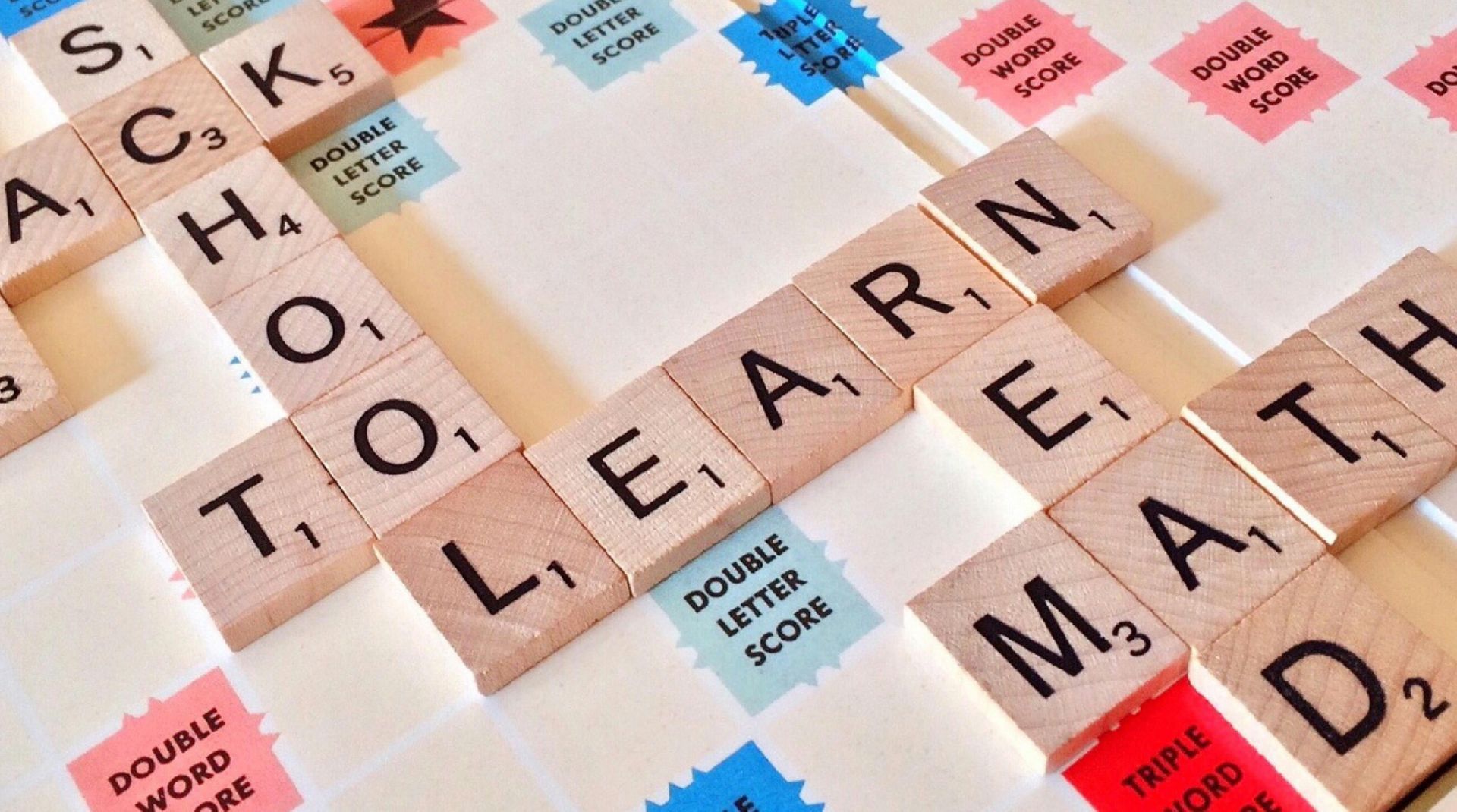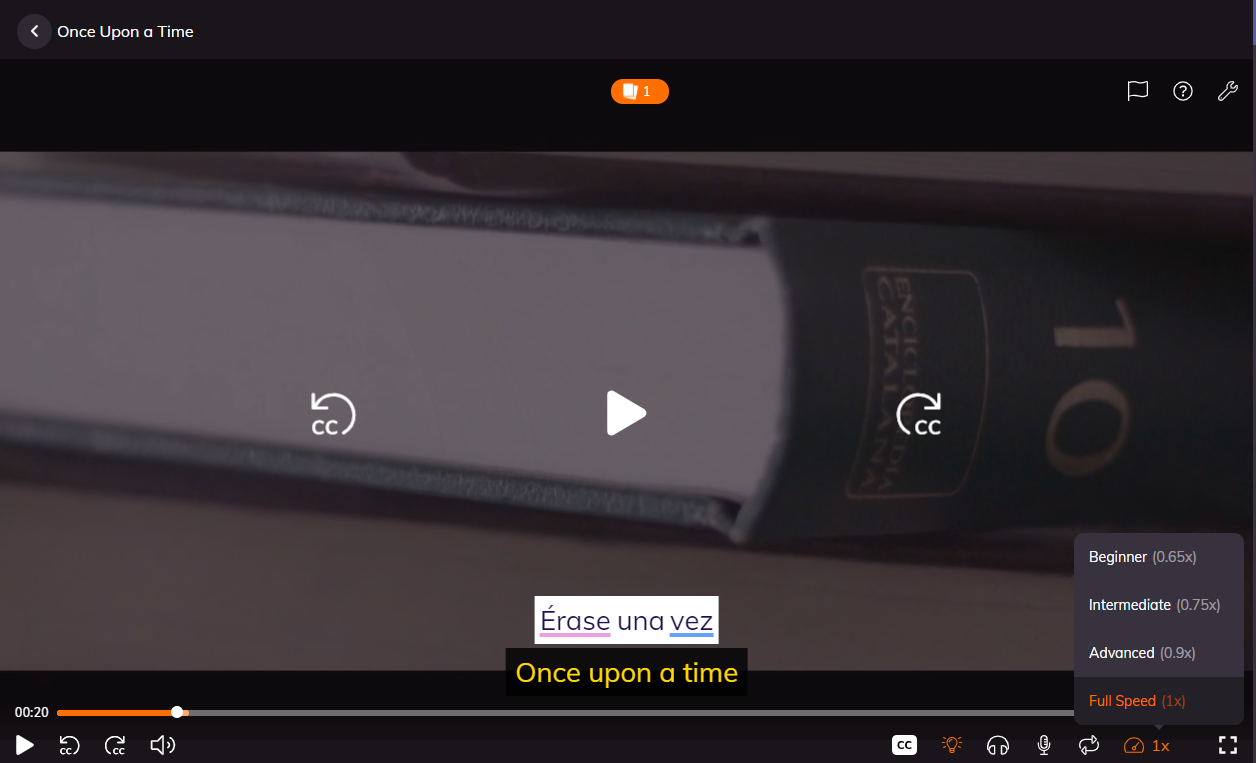Babbel vs Rosetta Stone
written by: Krystof-Sandor Harfst
Table of Content
50% Discount on Rosetta Stone
In today's globalized world, learning a new language has become an essential skill. And with the rise of online language learning programs, the options for language learners are seemingly endless. Two of the most popular language learning programs on the market are Babbel and Rosetta Stone. Both claim to offer comprehensive language learning experiences, but which one truly reigns supreme? Let's dive deep into the features, learning methodologies, user experience, and cost of each program to find out.
Understanding Babbel and Rosetta Stone
The Origin of Babbel and Rosetta Stone
Babbel, founded in 2007, is a German language learning platform that has expanded to offer courses in 14 different languages. With over 10 million users worldwide, it has established itself as a leading player in the online language learning market.
When Babbel was first established, it aimed to fill a gap in the language learning market by providing accessible and practical language courses. The founders recognized that many traditional language learning methods were outdated and did not cater to the needs of modern learners. They wanted to create a platform that would make language learning convenient, effective, and enjoyable for people of all ages and backgrounds.
Over the years, Babbel has grown and evolved, constantly adapting to the changing needs and preferences of its users. It has expanded its course offerings to include not only popular languages like English, Spanish, and French, but also lesser-known languages such as Danish, Norwegian, and Turkish. This wide range of language options allows learners to explore new cultures and expand their horizons.
Rosetta Stone, on the other hand, has been around much longer. Established in 1992, this American company quickly became synonymous with language learning. Rosetta Stone is known for its immersive and interactive approach to language acquisition.
When Rosetta Stone first entered the language learning market, it revolutionized the industry with its innovative method. Instead of relying on traditional teaching methods that focused on grammar rules and vocabulary lists, Rosetta Stone introduced a new way of learning that mimicked the natural language acquisition process. The program aimed to create an immersive environment where learners could develop their language skills through context and real-life scenarios.
Since its inception, Rosetta Stone has been dedicated to providing language learners with a comprehensive and engaging learning experience. The company has continuously invested in research and development to enhance its language courses and incorporate the latest technology. This commitment to innovation has allowed Rosetta Stone to maintain its position as a leader in the language learning industry.
Core Principles of Babbel and Rosetta Stone
Babbel prides itself on its practical approach to language learning. Its courses are designed by language experts and focus on real-life conversations, allowing learners to quickly acquire the skills they need to communicate effectively in their chosen language.
When designing their courses, Babbel's team of experts take into consideration the specific challenges that learners may face when trying to master a new language. They create lessons that are relevant to real-world situations, such as ordering food in a restaurant, asking for directions, or having a conversation with a native speaker. By focusing on practical language skills, Babbel ensures that learners can apply what they have learned in their everyday lives.
Furthermore, Babbel understands that language learning should be an enjoyable experience. Their courses are designed to be interactive and engaging, with a variety of exercises and activities that cater to different learning styles. Whether it's listening to dialogues, practicing pronunciation, or completing grammar exercises, learners can choose the activities that best suit their preferences and learning goals.
Rosetta Stone, on the other hand, emphasizes total immersion in the language. The program uses a combination of visuals, audio, and contextual information to help learners develop their language skills naturally, just as they would if they were living in a foreign country.
One of the key principles of Rosetta Stone's approach is the belief that language learning should be a holistic experience. Instead of focusing solely on vocabulary and grammar, Rosetta Stone's courses aim to develop learners' overall language proficiency. Through a series of carefully designed lessons, learners are exposed to a wide range of language elements, including pronunciation, sentence structure, and cultural nuances.
Additionally, Rosetta Stone's immersive method encourages learners to think in the target language rather than translating from their native language. By eliminating the need for translation, learners can develop a more intuitive understanding of the language and improve their fluency. This approach also helps learners overcome the common hurdle of thinking in their native language and then translating, which can hinder their ability to communicate effectively.
Both Babbel and Rosetta Stone have their unique approaches to language learning, but they share a common goal: to help learners become confident and proficient in their chosen language. Whether learners prefer a practical and conversation-focused approach like Babbel or a more immersive and holistic method like Rosetta Stone, both platforms offer valuable resources and tools to support language acquisition.
Diving into the Features
Babbel's Unique Features
Babbel offers a range of unique features that set it apart from other language learning programs. One of its standout features is its speech recognition technology, which allows learners to practice their pronunciation by comparing it to native speakers. This instant feedback helps learners improve their speaking skills with confidence.
Additionally, Babbel's personalized review sessions help learners reinforce what they've learned, ensuring that knowledge is retained in the long term. This tailored approach ensures learners don't waste time reviewing content they've already mastered, making the learning process more efficient.
Rosetta Stone's Unique Features
Rosetta Stone is renowned for its immersive language learning experience. One of its unique features is its TruAccent® speech recognition technology, which provides instant feedback on pronunciation. This feature is especially helpful for learners who want to develop a native-like accent.
Furthermore, Rosetta Stone's live tutoring sessions allow learners to practice their speaking skills with real instructors. These personalized sessions provide feedback and guidance, giving learners the opportunity to refine their language skills in a supportive environment.
Comparing Learning Methodologies
Babbel's Approach to Language Learning
Babbel focuses on bite-sized lessons that are easy to fit into a busy schedule. Its lessons are structured around real-life conversations and cover topics that are relevant to everyday situations. By focusing on practical vocabulary and phrases, Babbel ensures that learners can start using their new language skills immediately.
Babbel's approach also includes a strong emphasis on grammar and syntax. By understanding the underlying rules of language, learners can build a solid foundation to support their communication skills.
Rosetta Stone's Approach to Language Learning
Rosetta Stone takes a holistic approach to language learning. Through its immersive method, learners are exposed to the language in a variety of contexts, helping them develop their listening, speaking, reading, and writing skills simultaneously.
Rosetta Stone's approach is based on the concept of Dynamic Immersion®. Learners progress through the program by associating words and phrases with images and sounds, gradually building their language comprehension skills and confidence.
Evaluating User Experience
Navigating Babbel's Interface
Babbel's user interface is intuitive and beginner-friendly. Upon logging in, learners are guided through a simple placement test to assess their language level. This ensures that learners start at an appropriate difficulty level and can progress at their own pace.
The lessons are accompanied by clear instructions, interactive exercises, and helpful hints. Babbel's clean and minimalist design makes it easy for learners to focus on the content without distractions.
Exploring Rosetta Stone's Interface
Rosetta Stone's interface is visually appealing and easy to navigate. Learners can choose from various levels of difficulty, allowing them to start at a level that matches their language proficiency.
The program uses a combination of visuals, audio, and text to engage learners. The lessons are interactive and provide immediate feedback, encouraging active participation and continuous learning.
Assessing Cost and Value
Pricing Structure of Babbel
Babbel offers a subscription-based pricing structure. Learners can choose between monthly, quarterly, and annual subscription options, with discounts available for longer commitments. Considering the comprehensive content and personalized learning approach, Babbel's pricing is relatively affordable and excellent value for money.
Additionally, Babbel often runs promotional offers, making it even more accessible for those on a budget.
Pricing Structure of Rosetta Stone
Rosetta Stone offers a similar subscription-based pricing structure to Babbel. However, it tends to be slightly more expensive. While the cost may deter some learners, the immersive experience and additional features, such as live tutoring, justify the higher price for those seeking a more in-depth language learning experience.
The Verdict
So, which language learning program reigns supreme: Babbel or Rosetta Stone? The answer ultimately depends on your individual preferences and learning style.
If you prefer a practical and efficient approach to language learning with a focus on conversation, Babbel may be the better choice for you. On the other hand, if you value immersion and want a more immersive and holistic learning experience, Rosetta Stone may be the ideal program for you.
Both Babbel and Rosetta Stone offer high-quality language learning experiences, and regardless of your choice, you are sure to make progress in your language journey. The most important thing is to find the program that resonates with you and keeps you motivated throughout your language learning adventure.
So, lace up your virtual language boots and embark on your language learning journey today. Whether you choose Babbel or Rosetta Stone, you'll be taking a significant step towards becoming a confident and proficient global communicator.
Neuer Text
Get the discount now
Share this article!






